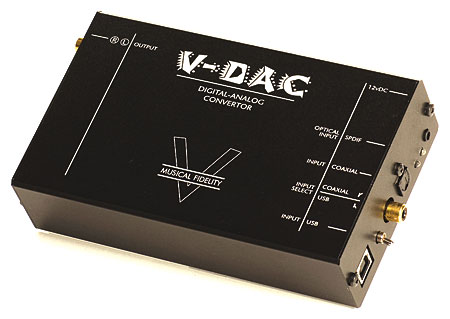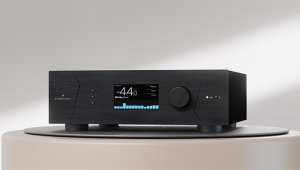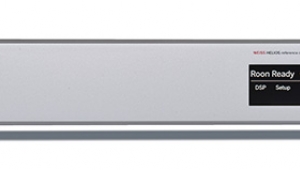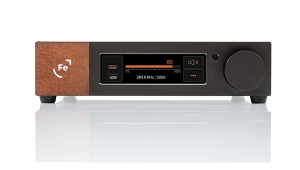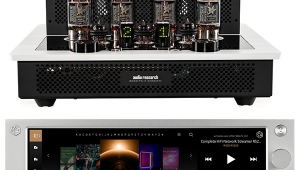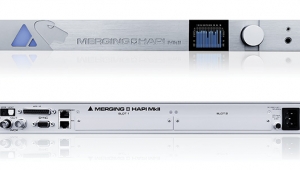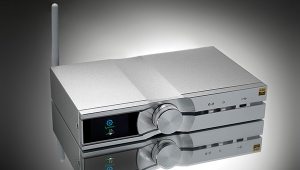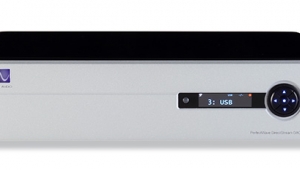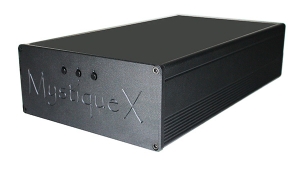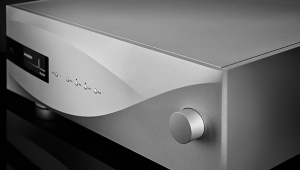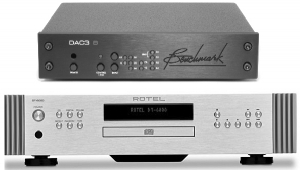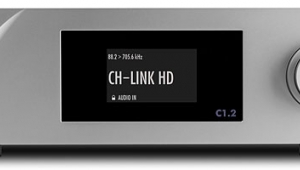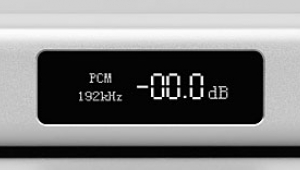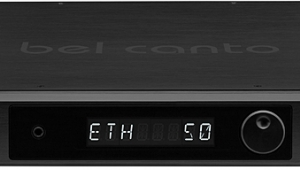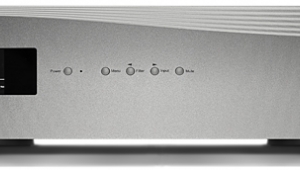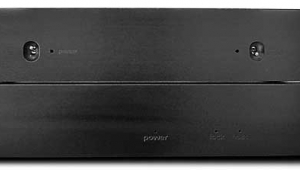| Columns Retired Columns & Blogs |
I am trying to decide whether to purchase a V-DAC or DACMAGIC and would appreciate any comparisons.
I am not extremely technically savvy. And, I do not much care about the small difference in price or in physical appearance or features. What I am interested in is the sound quality for the music I listen to which is mainly classical and jazz. My source is typically apple lossless formats via either Squeezebox or Airport Express. THank you for your help.
Larry
